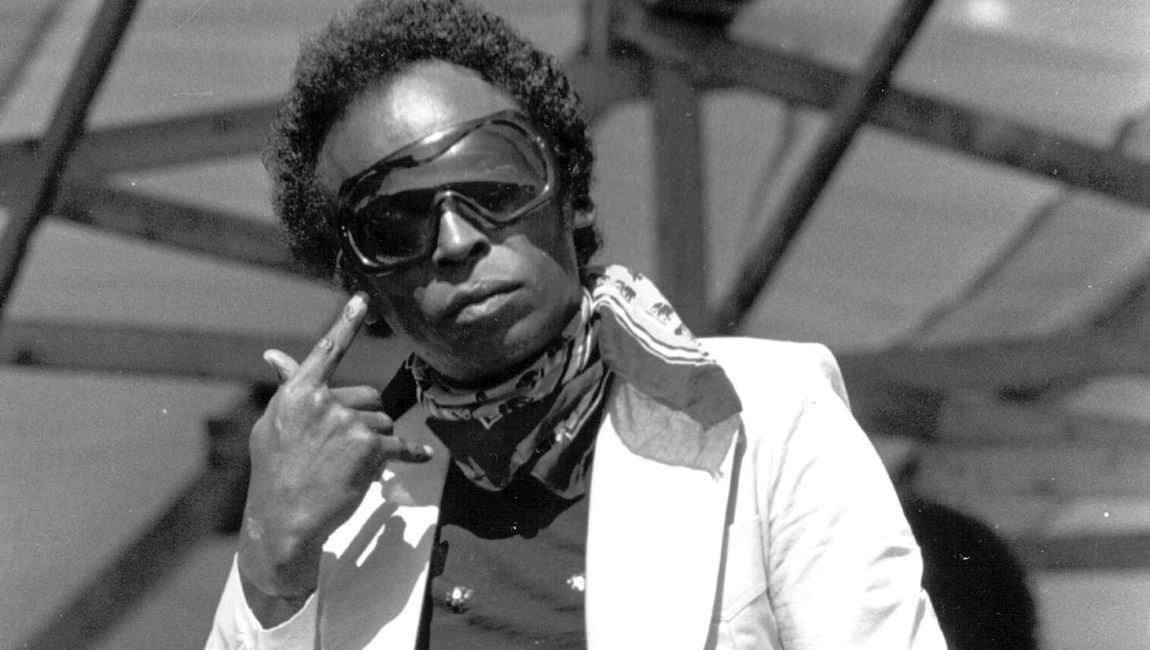Damning rock n’ roll for its racist and imperialist legacy while having the gall to simultaneously rock like hell, “Amnesia” stands at the thematic center of The Mekons most thematically compelling record. The ninth of the fourteen songs on The Mekons Rock N’ Roll (on the UK release, anyway; the band’s US label A&M trimmed two tracks against the group’s wishes), “Amnesia” traces the history of the eponymous genre from the slave ships that “brought rock n’ roll to America” to its symbolic role as a soundtrack to wars of western aggression. By the time singer Jon Langford wails in a tone of irony-laden aggression about “truth, justice, and Led Zeppelin,” the song is almost unbearable in both its relentless forward motion and its bitterly contradictory nature. But then the chorus comes in and rather than boiling over, the music cools off into reflective reverie, driven by Susie Honeyman’s fiddle and Langford’s riff on a classic Elvis tune. Changing the King’s “I forgot to remember to forget” to “I forgot to forget to remember,” he offers up one final perversion of a genre whose history has already been revealed as consisting of little other than the perverse. “Amnesia,” though, is only one of several moments of self-divided reflexivity from a band who, having made their name four years before with their unique blend of politically-charged country rock, have now abandoned their Nashville fix in favor of a straight-ahead rock sound in order to best explore their deep ambivalence to the genre. The first indication that things won’t be as simple as the title The Mekons Rock N’ Roll seems to suggest is the band’s decision to place this title in literal quotation marks on the album cover. The album’s opener, “Memphis, Egypt,” finds Langford wailing about “the battles we fought… just not to be consumed by rock n’ roll” while Tom Greenhalgh, in spoken word counterpart, invokes the devil, positioning the band in a long tradition of rockers selling their soul for musical — and financial — gain. (And given the fact that this was the band’s major label debut, this seems to be an especially pressing concern for the fiercely independent-minded group.)
But of all the album’s ambitions, its grandest lies in its insistence on viewing rock n’ roll as a commodity that both elevates and damns its practitioners, a sentiment most forcefully expressed in “Amnesia.”
The album’s second track, “Club Mekon,” continues the equation of music and commerce by positing rock n’ roll (along with sex) as, in singer Sally Timm’s rather blunt formulation, a “commodity to be bought and sold,” but the rest of the album explores the experience of trying to pursue a workable existence in the deeply compromised world of rock (and the larger world of western capitalist society) from less expected angles. “Empire of the Senseless” finds Greenhalgh wittily riffing on everything from Oliver North to the pre-approved ways that songs are marketed and sold. More personal (read: romantic) forms of gut-spilling are on vivid display in songs like “Only Darkness Has the Power” and the stunning album closer, “When Darkness Falls,” in which, singing in duet, Greenhalgh and Timms threaten each other with dismemberment to the strains of a gorgeous, fiddle-driven mid-tempo tune, one last instance of the band’s singular talent for crafting music in constant tension with the lyrics being sung over it. But of all the album’s ambitions, its grandest lies in its insistence on viewing rock n’ roll as a commodity that both elevates and damns its practitioners, a sentiment most forcefully expressed in “Amnesia.” That song takes the free-market dictates of the genre one step further by bringing in the ultimate point of capitalistic dehumanization, the slave trade, and positing it as the original sin of the music in which the band is inextricably invested. It’s this doomed attempt to negotiate such an untenable position, both through its music and lyrics, that stamps the record as the most compelling offering in the long history of a band that is rarely less than fascinating.
Part of Kicking the Canon – The Album Canon.







